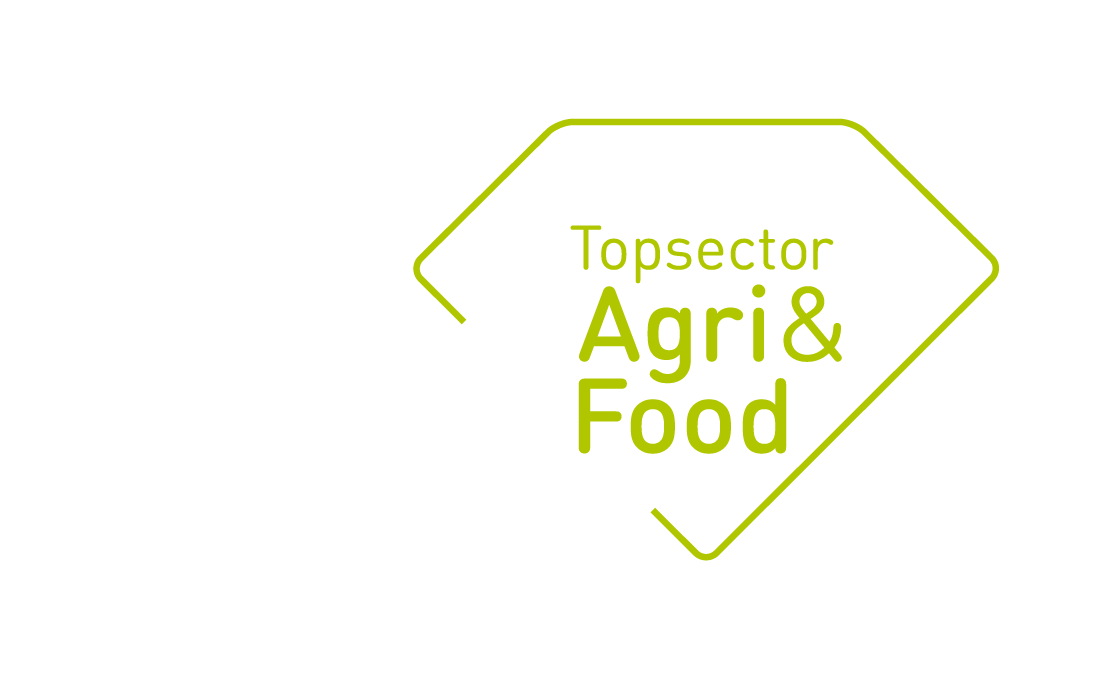Projecttitel: BIOCON-CO2
Projectnummer: AF-EU-18004
Missie: Kringlooplandbouw
Looptijd: 2018- 2021
Projectleider: Ana López Contreras
Kennisinstelling: Wageningen University & Research
Betrokken partijen: ACONDICIONAMIENTO TARRASENSE, ArcelorMittal Belgium NV, Arkema France, Fraunhofer Gesellschaft zur Foerderung der Angewandten Forschung e.v., National Technical University of Athens, PERVATECH BV, Rheinisch-Westfaelische Technische Hochschule Aachen, Stichting Wageningen Research, ARTTIC, AquaTT UETP Ltd, Nutrition Sciences NV, Nesher Israel Cement Enterprises LTD., Universidad Autónoma de Barcelona, Bio Base Europe Pilot Plant, University of Groningen, Tecnalia, Covestro
BIOCON-CO2 willdevelop and validate a flexible strategy to using (Micro)biological techniquestotransformCO2/sugars mixesand CO2-rich streams into added-value chemicals and plastics. Several technologies will be developed and combined to optimize the processes. BIOCON-CO2will develop 4 Microbial Cell Factoriesbased on low-energy biotechnological processes using CO2or CO2/sugars as feedstock using three biological systems. Thus, C3-C6 alcohols will be produced byanaerobic microorganisms, 3-hydroxypropionic acid (3-HP) using aerobic microorganism and formic acid (FA) using recombinant resting cells (enzymes),lactic acid (LA) using a multi-enzymatic system (enzymes)and medium chain branched alcohols (e.g Guerbet-type alcohols) using a multi-step chemo-enzymatic cascade. The technologic, socio-economic and environmental feasibility of the technologies will be assessed to ensure their future implementation,and transfer toother feedstock’s, such as syngas or biomass sugars/CO2mixes. WFBR will focus on the development of (i) C3-C6 alcohols,aschemical intermediates, (ii) medium chain branched alcohols(C8, C12), with usesas surfactants, emulsifiers and chemical synthons, and (iii) formic acid, as antimicrobialingredient to reduce antibioticuse in feed.WFBR will also develop dedicated processes for converting CO2and CO2/sugars mixes into chemicals, and robust and efficient biocatalysts (e.g. microbial strains and enzymes)for these processes.Developing biobased high value chemicals and bioplastics to support the circular economyand the zero-waste economy,and the technology supporting these advancements, is ahigh priority in Nederland. The knowledge, products and technologies developed in the Biocon-CO2project will contribute totheachievement of these goals.
Deel dit bericht

